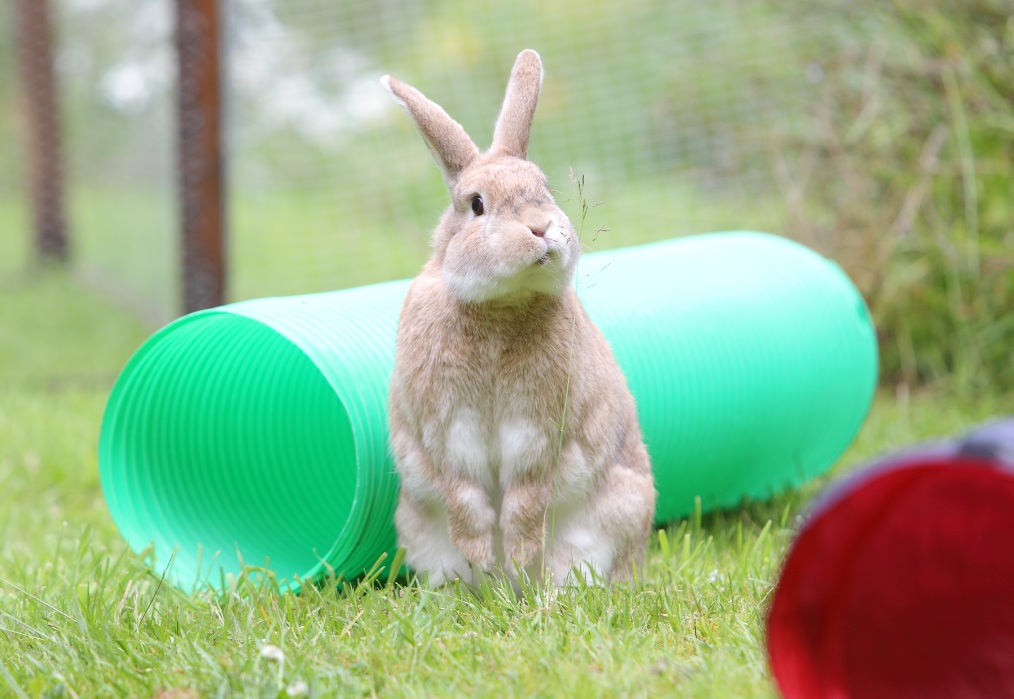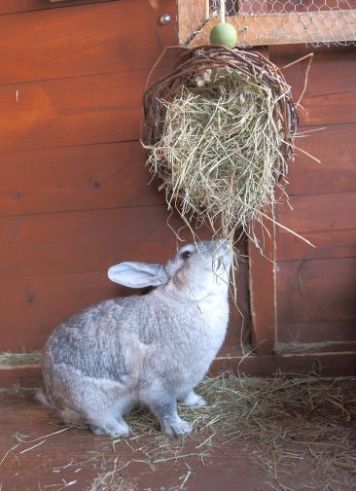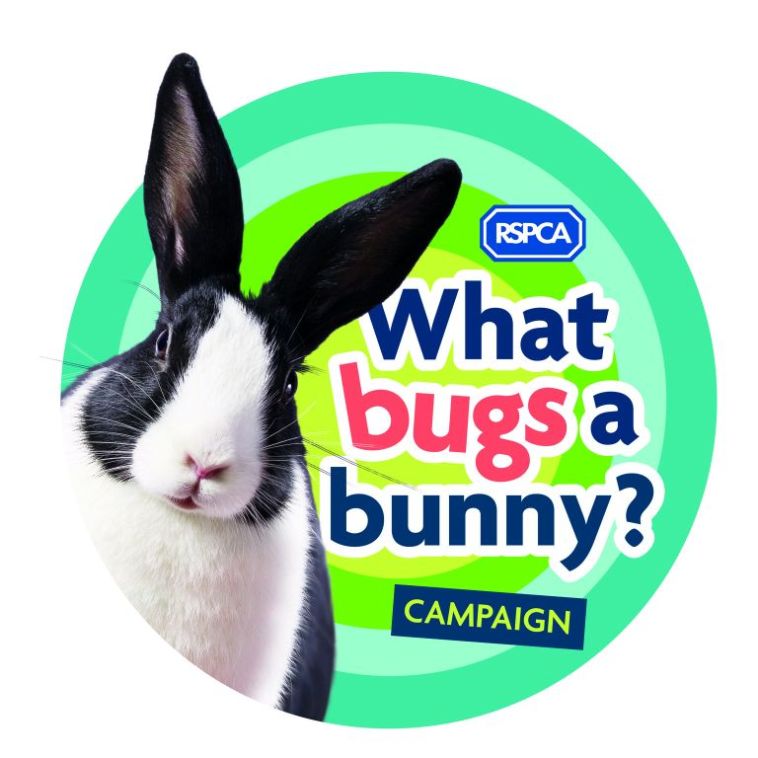The RSPCA are encouraging us, the consumers, to investigate poor welfare food labelling in supermarkets.
In a time where welfare labelling is becoming more and more important to us, some are worried that food companies print misleading labels in order to sell their products. The RSPCA are encouraging consumers to take pictures of any such labels that feel are misleading and to send their images to the charity as part of their new labelling campaign.
What they’re looking for:
- Chicken meat labels – pre-packed whole chicken, chicken breasts, chicken drumsticks etc
- Pig meat labels – pre-packed sausages, ham, pork etc
- Cows’ milk labels – bottled milk, cheese, yoghurt etc
- Any other examples of misleading labels
The RSPCA are interested in labels found on products sold in the UK, but would also really like to see labels from other EU countries.
Here are some words, phrases and images the charity are asking people to look out for:
- Words or pictures that imply the food is high welfare, but then when you read the small print this isn’t the case
- Look out for words like ‘farm fresh’, ‘natural’, or ‘high quality’ and also pictures of free range animals, sunshine, trees, fields or attractive rural scenes.
- If a product really is higher welfare it will often be part of a relevant certification scheme eg RSPCA Freedom Food or Soil Association in the UK or Label Rouge in France.
It would then be really helpful if people could take a photo of the label including the bar code and make a note of the date as well as the shop, town and country in which they saw it. Helen Coen, online community manager for the RSPCA, said, “We’ll use the photos to put pressure on policy makers to enforce existing rules and introduce better legislation which ensures labels make it clear how food was produced.”
Once you have your photos please email them to campaigns@rspca.org.uk together with:
- the date you took the photo (including a picture of the bar code)
- the name of the shop
- city/town/village and country in which you saw the product(s).
- also include your name, country of residence, and a daytime telephone number would be helpful (though not essential) in case the RSPCA need to contact you with any queries.
Labels should be submitted no later than 30 September 2012. The RSPCA said that unfortunately they won’t be able to respond to individuals about every label but they greatly appreciate all responses.
Further info and links:
http://www.rspca.org.uk/getinvolved/campaigns/farm/foodlabelling
http://www.rspca.org.uk/getinvolved/campaigns/farm/foodlabelling/takeaction
http://www.rspca.org.uk/freedomfood
This project is part of the ‘Labelling Matters’ campaign for honest food labelling, which is being run in partnership with Compassion in World Farming (CIWF), World Society for the Protection of Animals (WSPA) and the Soil Association.














 PA
PA
 Reports suggest that more than 2,750 cattle are already dead, and the situation is worsening with every hour that passes. The ship has attempted to dock at a number of ports, including its destination port in Egypt, but has been turned away due to the number of dead and dying cattle. Reports suggest conditions on board are desperate.
Reports suggest that more than 2,750 cattle are already dead, and the situation is worsening with every hour that passes. The ship has attempted to dock at a number of ports, including its destination port in Egypt, but has been turned away due to the number of dead and dying cattle. Reports suggest conditions on board are desperate.
